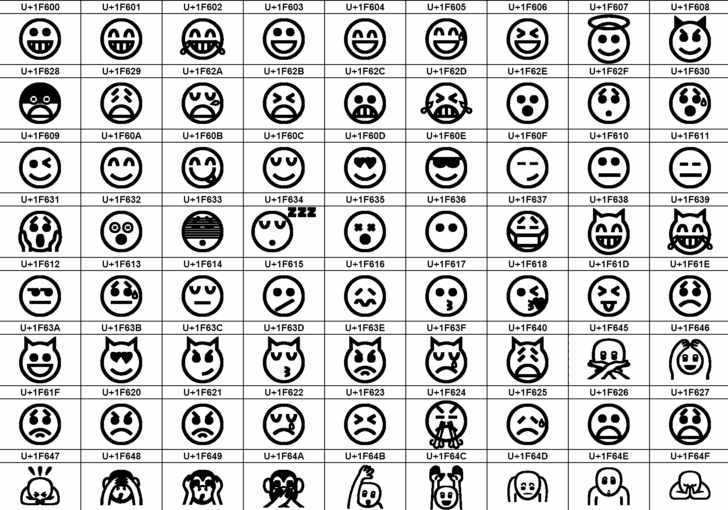
"According to Eric Goldman, a law professor at Santa Clara University, Achter later claimed the emoji was merely an acknowledgment— not acceptance. But the court disagreed, calling the emoji a 'nontraditional but valid' form of agreement."
"Goldman tracks every legal case involving emojis. In 2016, there were 26 court opinions referencing emojis; by 2023, that number had exploded to over 200."
"That's a big problem, says linguist Adam Aleksic. Emojis often act as 'tone tags,' shaping the emotional meaning of a sentence. A sarcastic thumbs up can mean the opposite of agreement, especially for younger users."
"Achter’s case exemplifies the ambiguity of emojis in communication and the growing need for legal frameworks to interpret their meanings accurately in digital correspondence."
In a landmark case, Canadian farmer Chris Achter's use of a thumbs up emoji as a response to a grain contract led to a legal battle that underscored the growing importance of emojis in digital agreements. The court ruled that this emoji constituted a valid digital signature, leading to a $60,000 judgment against Achter. Legal experts stress the need for clearer frameworks concerning emoji interpretation, as their meanings vary widely, complicating legal disputes and communications in the digital age.
#emoji-law #digital-signature #legal-interpretation #communication #contract-law #contracts #digital-communication #technology-and-law #digital-signatures #legal-case
Read at 99% Invisible
Unable to calculate read time
Collection
[
|
...
]